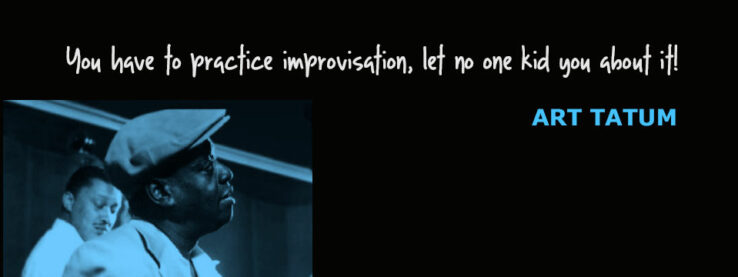Intuition and Studying
During the 1st week after starting Music College, as 1st Tenor Sax in the Big Band, I was confronted with a chord chart for me to use to improvise over a section in a Sammy Nestico tune, a week later. Most of the chord symbols seemed alien to me so I set off with a new book that I had purchased for learning which scales to play with chords. I soon realised that it may take me longer than a week to learn my chord chart, in fact the book described hundreds of scales and chords, and the task of learning to play them fluently in all keys seemed like a lifetime’s undertaking. I was right. So, the following week I stumbled through the solo, forgetting the harmonic knowledge (or lack of ) approach and just used my ears and intuition to guide me.
Intuition?
Lots of people I knew at the time informed me that this was the right approach, that jazz was a simple matter of ‘busking’, or making it up as you go along.
At the time I was listening to John Coltrane ….. I could not believe that that was what he was doing. Then I read one of his biographies and realised that his approach took a longer path, more akin to a scientist…..in fact his virtuosity as a master musician was based on an ongoing dedication to studying many forms of musical and artistic mastery, never ceasing to develop his own system for creating his music.
The majority of people still seem to think that improvising in jazz or other forms is simply a matter of using your ears and your intuition.
Herein lies the main problem for the average musician – especially beginners – when it comes to improvising. They really believe that if they do not have great ears, then they will never play jazz.
I have experienced 2 main types of approaches…. intuition and studying, and both seem to be able to create great jazz players.
However, I have also noticed that the natural players – who rely solely (or mainly) on their intuition – seem to eventually hit a dead-end and sound the same for ever more. On the other hand musicians who are studying aswell, seem to be able to move through and morph in and out of different styles, building on their musicianship continuously – more akin to the Coltrane approach.
So, this system I wish to describe and recommend to you, follows the latter approach and is therefore useful for any person, regardless of gender, age, ethnicity or level of musicianship.



Comments